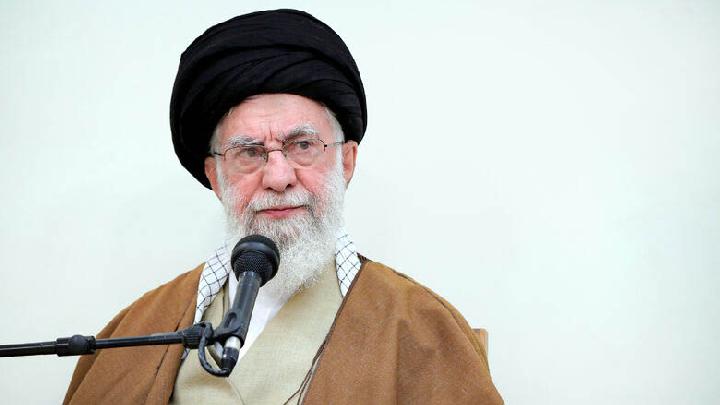
TEMPO.CO, Jakarta - Amid the intensifying armed conflict between Iran and Israel, Iran's Supreme Leader Ayatollah Ali Khamenei has reportedly implemented a series of emergency measures to safeguard the country's leadership and protect himself from potential assassination attempts.
Khamenei is said to have halted all forms of electronic communication and now communicates with military commanders solely through trusted aides. This precaution is aimed at avoiding location tracking and minimizing the risk of being targeted.
Reports indicate that he is currently sheltering in an underground bunker to bolster his personal security in light of worsening conditions.
In this state of emergency, Khamenei has also appointed individuals to assume key roles within the military command structure in case any strategic personnel are lost. Furthermore, he has reportedly selected three senior clerics as potential successors should he die during the ongoing conflict.
Believing that the threat of assassination by Israel or the United States is extremely high, Khamenei has instructed the Assembly of Experts, which is constitutionally responsible for appointing the Supreme Leader, to immediately select one of the three clerics as his successor in the event of his death.
Under normal circumstances, the succession process can take months. However, given the wartime context, Khamenei reportedly seeks a rapid and orderly transfer of power to preserve national stability and maintain the Islamic Republic’s leadership continuity.
According to the news outlet Iran International, the names of the three clerics have not been disclosed to the public. Their pre-selection is viewed as a strategic move to ensure a swift succession through the Assembly of Experts if the need arises.
Mojtaba Khamenei, the Supreme Leader's son who was previously rumored to be a leading candidate for succession, is reportedly not among the three clerics chosen. Mojtaba had close ties with the Islamic Revolutionary Guard Corps (IRGC) and was often the subject of speculation regarding his potential to inherit his father's role.
In recent days, Iran's Intelligence Ministry has significantly tightened security protocols. Senior officials and military leaders have been banned from using phones and other electronic devices.
High-ranking personnel have also been ordered to remain in underground locations to avoid airstrikes or infiltration attempts by foreign forces. As of now, the Iranian government has not issued any official response to the report.
Tensions escalated sharply on June 13, 2025, when Israel launched a series of airstrikes on key targets in Iran, including military sites and nuclear enrichment facilities. Iran responded by attacking several locations in Israel, targeting hospitals, oil refineries in Haifa, religious sites, and civilian neighborhoods.
Israeli authorities reported that at least 25 people were killed and hundreds injured in the Iranian missile strikes. Meanwhile, a Washington-based human rights group stated that more than 657 people have died in Iran, including 263 civilians, with over 2,000 others injured.
The situation further escalated after the United States formally entered the conflict. President Donald Trump announced that U.S. forces had bombed three of Iran’s nuclear facilities, including the underground uranium enrichment site in Fordo.
Tehran has reportedly suffered greater destruction in recent days than during the eight-year Iran-Iraq war of the 1980s. Despite the heavy toll from Israeli and American airstrikes, which have destroyed strategic facilities and killed several top military officials, Iran’s senior command structure remains intact, according to domestic sources and diplomats on the ground.
Sita Planasari contributed to the writing of this article.
Editor's Choice: US Urges China to Prevent Iran from Shutting Strait of Hormuz
Click here to get the latest news updates from Tempo on Google News
US Strike on Iran Triggers Swift Reactions Across Asia-Pacific
15 menit lalu
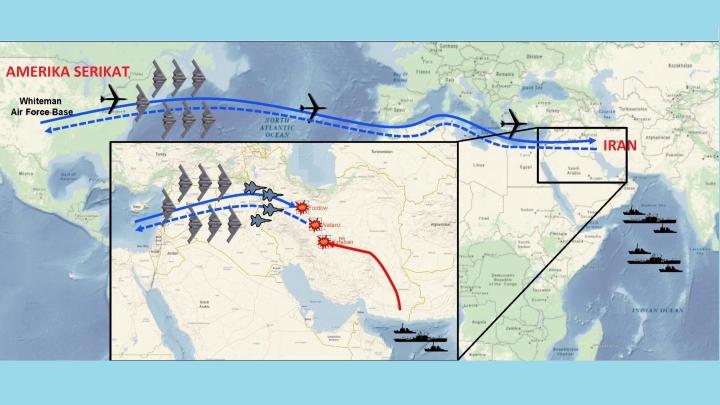
Asian-Pacific countries respond to the U.S. attack on Iran's nuclear facilities.
US Urges China to Prevent Iran from Shutting Strait of Hormuz
1 jam lalu
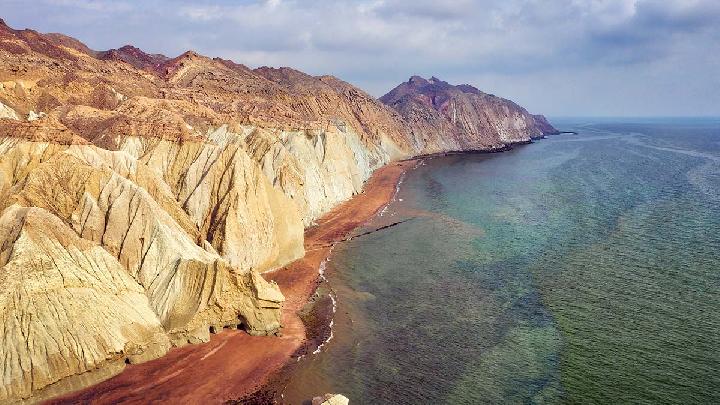
The U.S. Secretary of State, Marco Rubio, has urged China to persuade Iran not to close the Strait of Hormuz.
Arcandra Tahar: Israel-Iran War Triggers Global Oil Price Surge
3 jam lalu

Former Minister of Energy and Mineral Resources Arcandra Tahar stated that the Israel-Iran war has a significant impact on global oil prices.
Gold Prices May Face Further Correction Amid Iran-Israel Tensions
3 jam lalu

Lukman Leong, a currency analyst at Doo Financial Futures, projects that the world gold price has the potential to correct due to Iran-Israel tensions
Iran Considers Closing Strait of Hormuz After Parliament Issues Statement
4 jam lalu
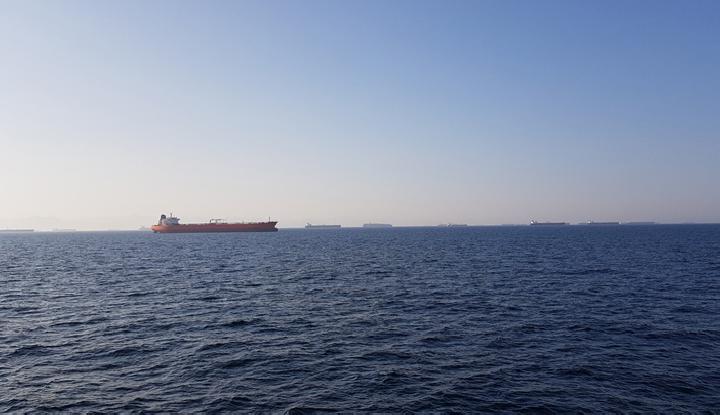
The highest National Security Council in Iran has to make a final decision on whether to close the Strait of Hormuz after the United States' bombing.
U.S. Enters Israel-Iran Conflict: What is Indonesia's Stance?
4 jam lalu
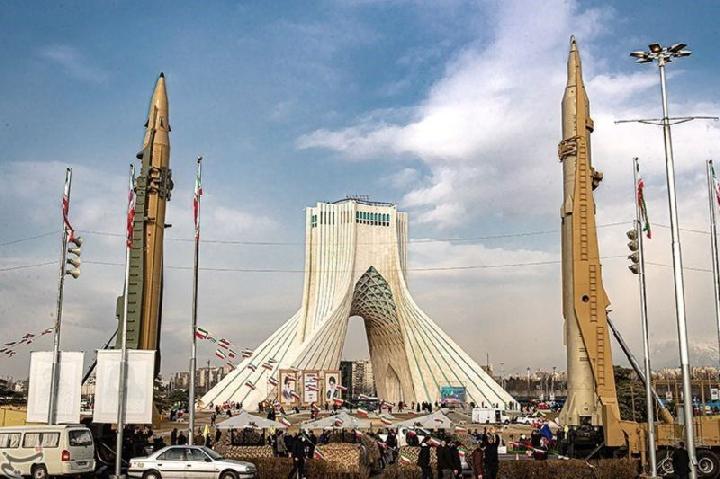
The U.S.' involvement in the Israel-Iran conflict sparks fears of a wider Middle East conflagration, potentially even triggering World War III.
Pope Leo XIV Urges End to Middle East War Following US Strike on Iran
5 jam lalu
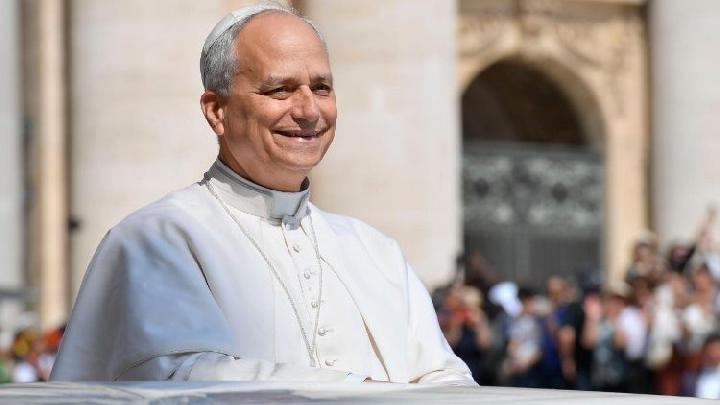
Pope Leo XIV urges Middle East peace after U.S. attack on Iran.
Indonesia Calls for Diplomatic Solution to Iran-Israel Tensions
5 jam lalu

Indonesian Minister Budi Gunawan emphasized the need for negotiation to resolve the conflict in the Middle East.
Iranian Foreign Minister Arrives in Moscow for Talks with Putin
6 jam lalu
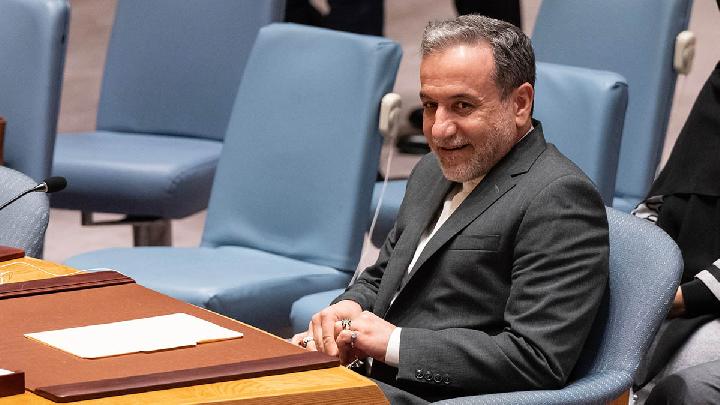
Iranian Foreign Minister Abbas Araghchi will consult with Russian President Vladimir Putin and senior Russian officials after the recent attacks by Israel and the US on nuclear sites in Iran.
China and Russia React to U.S. Attack on Iran
6 jam lalu

China and Russia are known as allies of Iran. Find out their responses to the United States' attack on Iran's nuclear facilities.


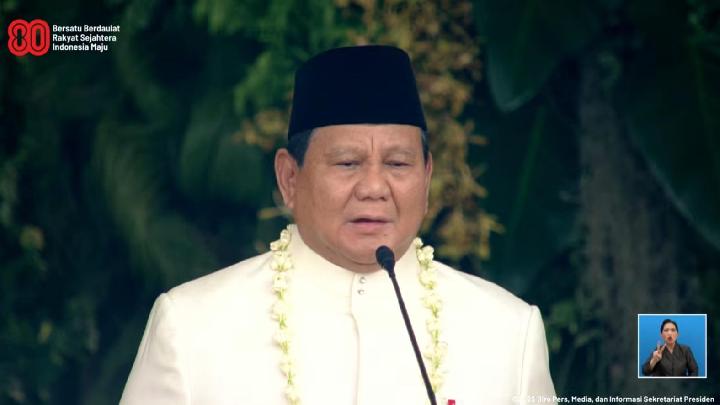

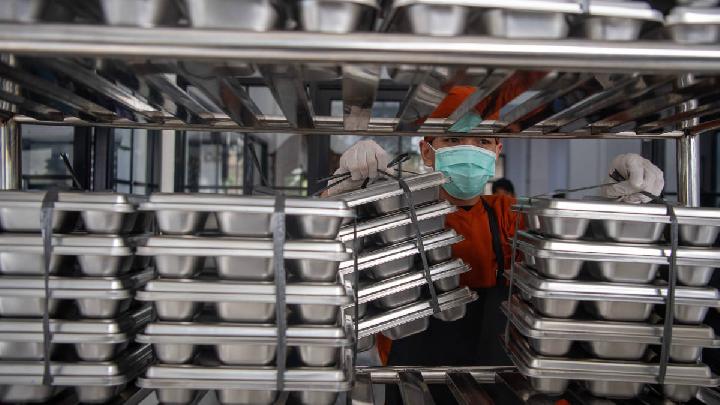

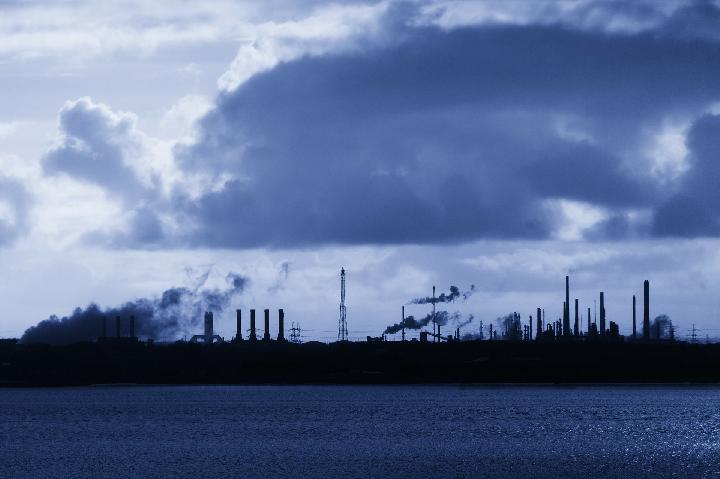
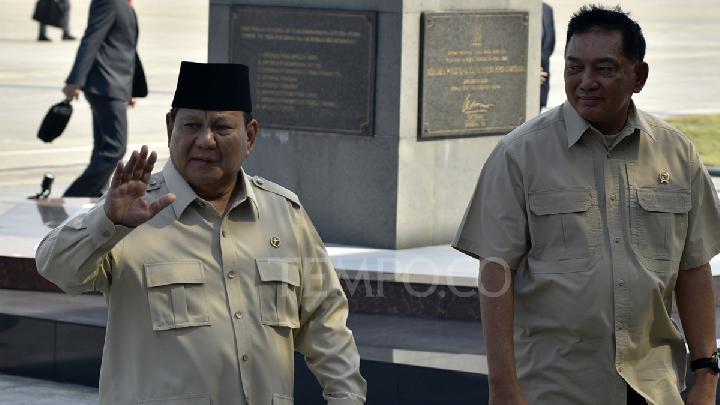



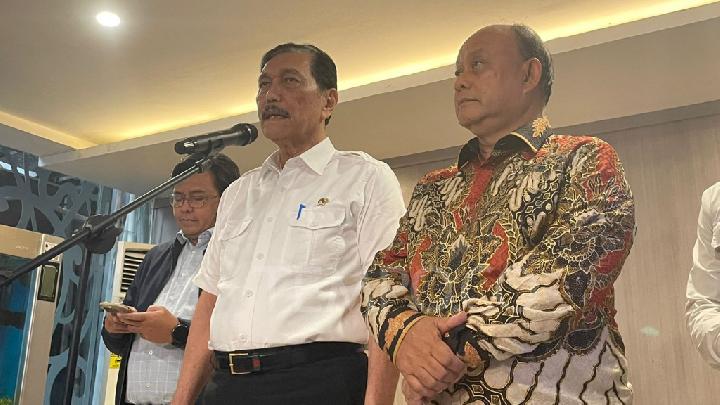
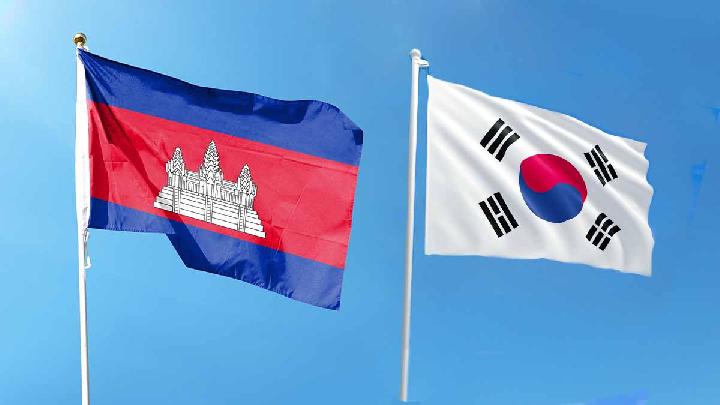
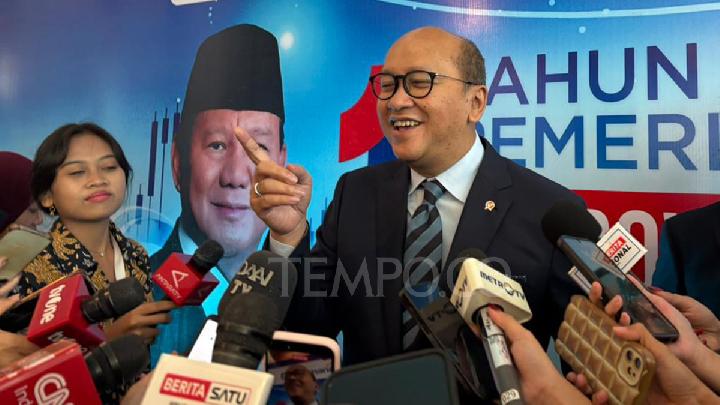




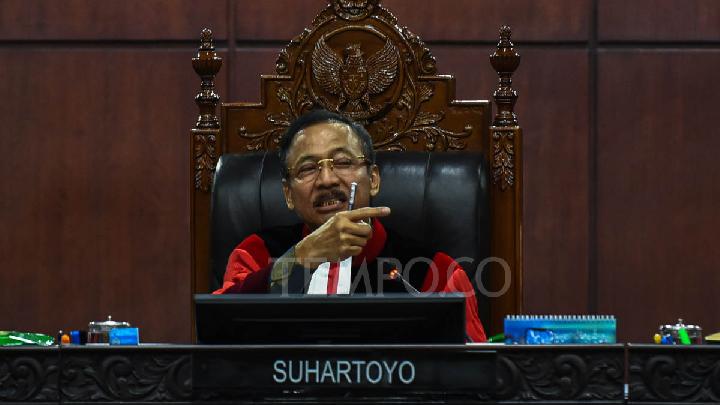
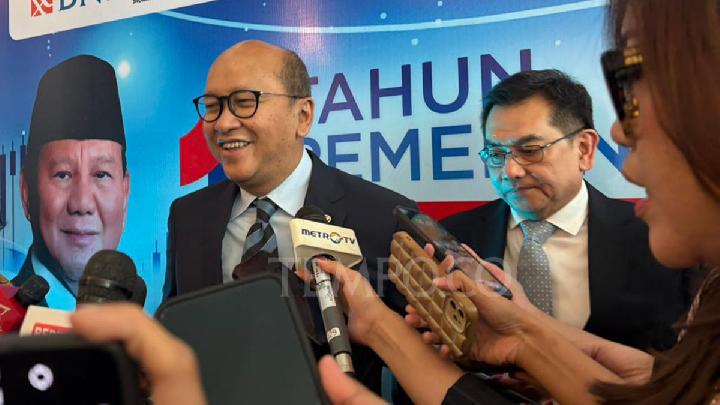










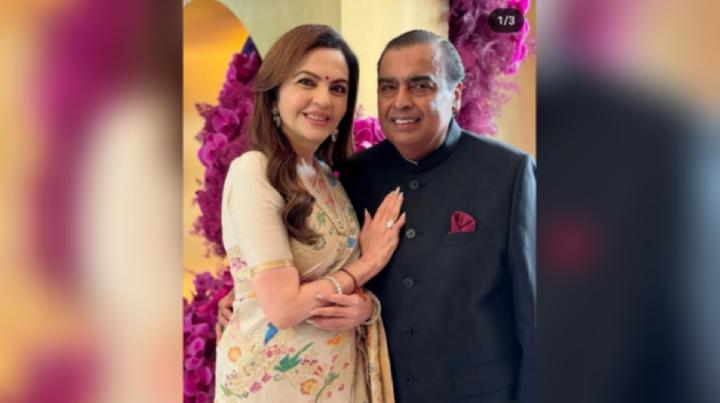

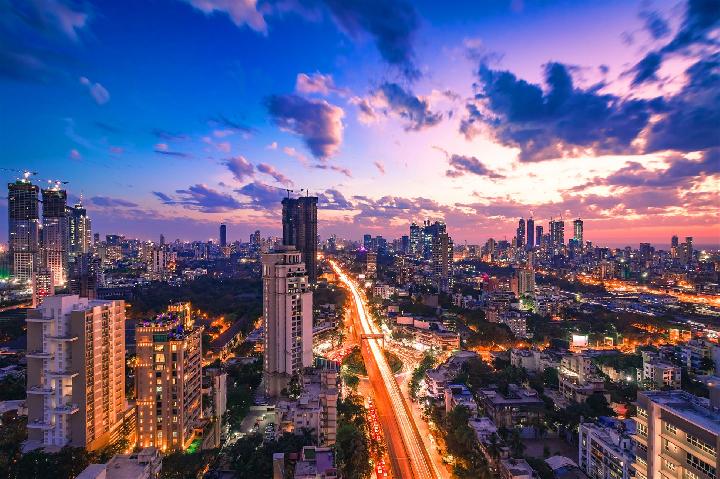

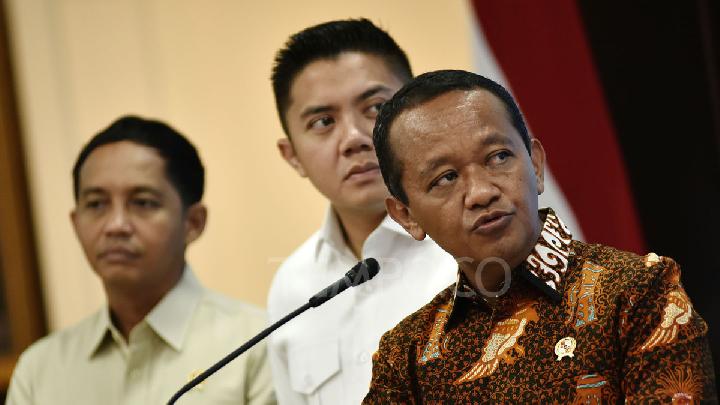
:strip_icc():format(jpeg)/kly-media-production/medias/5259504/original/040661700_1750434521-Cek_Fakta_Tidak_Benar_Ini_Link_Pendaftaran__11_.jpg)
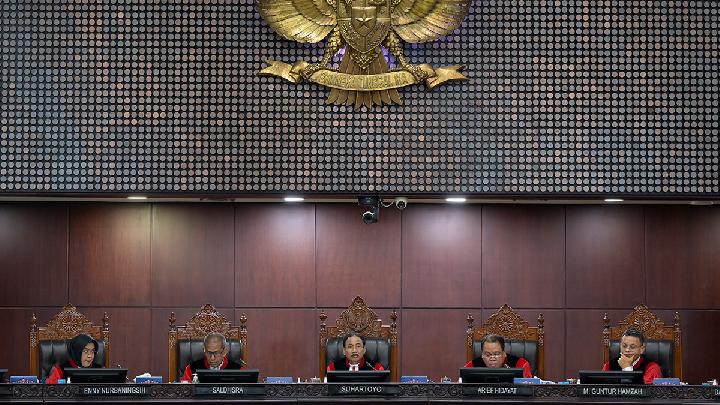
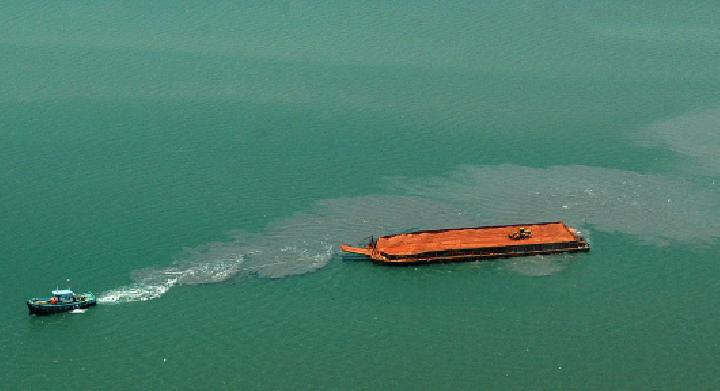

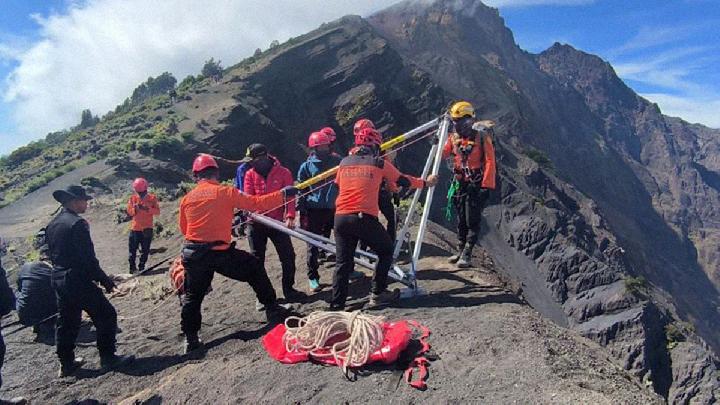
:strip_icc():format(jpeg)/kly-media-production/medias/4792086/original/012724000_1712058267-424435769_351377641151306_6011777831034403281_n.jpg)
:strip_icc():format(jpeg)/kly-media-production/medias/3110450/original/059507500_1587634731-Praying_Hands_With_Faith_In_Religion_And_Belief_In_God__Power_Of_Hope_And_Devotion___1_.jpg)
:strip_icc():format(jpeg)/kly-media-production/medias/5264803/original/026336600_1750904581-Cek_Fakta_Tidak_Benar_Ini_Link_Pendaftaran__11_.jpg)
:strip_icc():format(jpeg)/kly-media-production/medias/5255933/original/074636900_1750220645-Desain_tanpa_judul__6_.jpg)
:strip_icc():format(jpeg)/kly-media-production/medias/5260778/original/098870200_1750640493-Cek_Fakta_Tidak_Benar_Ini_Link_Pendaftaran__9_.jpg)
:strip_icc():format(jpeg)/kly-media-production/medias/4179793/original/078924100_1664858590-Lesti_Kejora_1_4_Juta_31_Agustus.jpg)

:strip_icc():format(jpeg)/kly-media-production/medias/904568/original/070887100_1434622909-imagepemimpinresized.jpg)
:strip_icc():format(jpeg)/kly-media-production/medias/5258866/original/038861000_1750402830-Cek_Fakta_Tidak_Benar_Ini_Link_Pendaftaran__9_.jpg)
